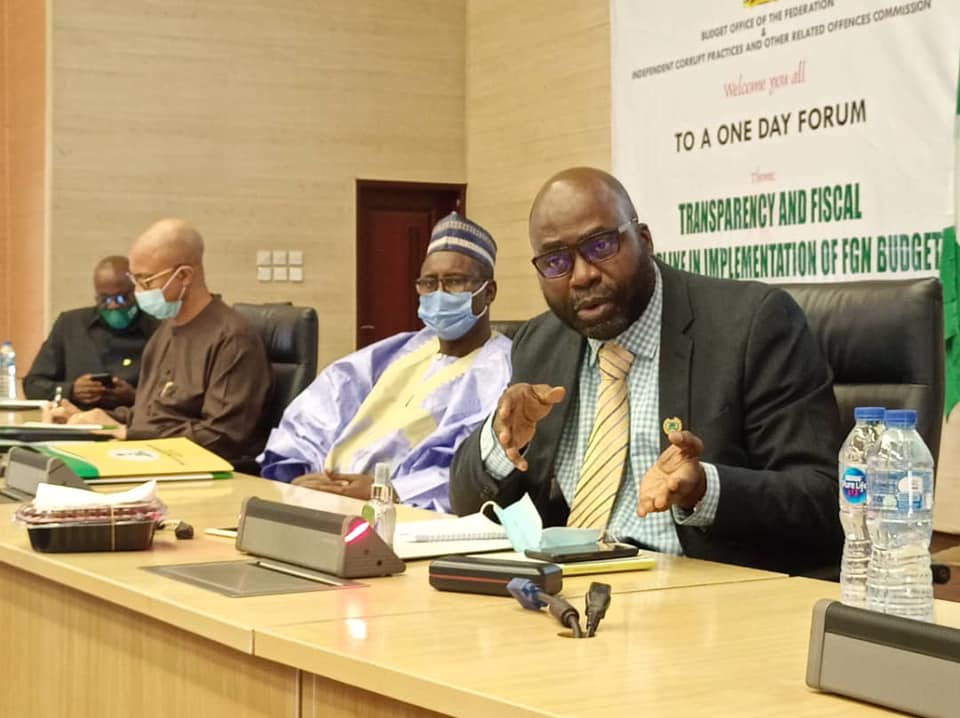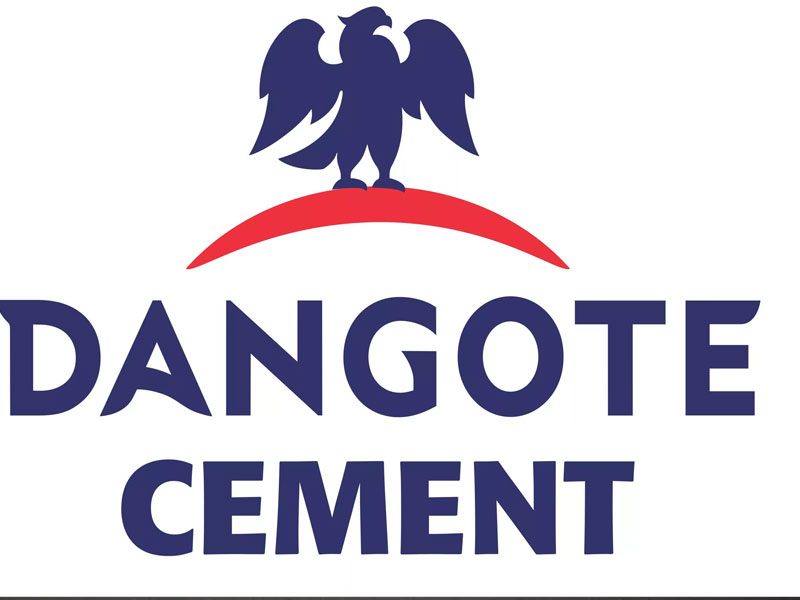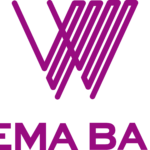Economy
ICPC, Others Push for Accountability in 2021 Budget Implementation

By Aduragbemi Omiyale
Senior officials of the federal government in Ministries, Departments and Agencies (MDAs) have been advised to desist from the manipulation of the budget or risk being punished.
Speaking at a one-day forum in Abuja, the Director-General, Budget Office of the Federation (BOF), Mr Ben Akabueze, reminded the officials that budget is a matter of law and, therefore, infractions in this regard are punishable by law.
Business Post reports that the event, themed Transparency and Fiscal Discipline in Budget Implementation, was organised by BOF in partnership with the Independent Corrupt Practices and Other Related Offences Commission (ICPC) for Directors of Finance & Accounts and Internal Auditors of MDAs.
In his presentation, the Auditor-General of the Federation, Mr Adolphus Aghughu, urged public office holders to cultivate a culture of accountability especially in the implementation of the 2021 budget and ensure that monies are expended according to appropriation.
He suggested that adequate measures should be put in place to block all leakages of corruption, expressing hopes that the participants will fully commit to making fiscal discipline in the discharge of fiscal responsibility.
On his part, the Chairman of ICPC, Prof. Bolaji Owasanoye, government officials to embrace transparency and fiscal discipline, emphasising that it was their duty to manage public finance and assets with high responsibility and integrity.
Speaking on the result of ICPC system study and reviews (SSRs) which aim at identifying, eliminating, preventing and obstructing opportunities for corruption, the ICPC Chairman stated that result of the 2019 exercise in 208 MDAs led to the “discovery of N31.8 billion personnel cost surpluses for 2017 and 2018, misapplication of N19.8 billion and N9.2 billion from personnel cost and capital fund respectively.”
As a result of the findings, N42 billion unspent surplus allocations from personnel cost for 2019 alone was blocked from possible abuse and pilfering mostly from health sector and some educational institution.
The focus on health and education sectors is because of the importance of their services which touch the lives of ordinary citizens and are critical to meeting any of the internationally recognized development goals.
“This implies that if we had covered the entire civil service structure of all MDAs the figures would have been staggering,” he said.
The ICPC boss revealed some of the findings from the educational institutions by the Commission which includes: padding of nominal rolls; warrant releases in excess of actual personnel cost needs; inadequate or non-budgetary allocation for outsourced services; widespread misuse of personnel cost allocation, amongst others.
Prof. Owasanoye highlighted some of the Commission’s findings in the pilot review of the Open Treasury Portal (OTP) launched in December 2019, to include: payments of advances beyond the approved limit of N200,000 to individuals’ accounts; payment to individual staff/accountants for disbursement to ad-hoc employees, and cash payments for staff DTA, transport, among others.
Arising from all these operations and findings, the Commission was able to restrain further diversion of such funds as cooperative and union dues, and these were retained within the system.
Additionally, the systems studies led to the mopping-up of about N189bn from personnel cost of MDAs through the issuing of a negative warrant from the Ministry of Finance.
He recommended that the blockage of unspent balances immediately after salaries are paid as well the prevention of unauthorized editing of payroll information data on the GIFMIS platform; and said banks should be directed to ensure that account names and numbers match before completing payment.
Earlier at the event, the Minister of Finance, Budget and National Planning, Mrs Zainab Ahmed, who was represented by the Permanent Secretary, Special Duties, Mr Aliyu Shinkafi, assured that the recommendations reached at the meeting would be followed to further enhance fiscal responsibility, especially in budget implementation.
Economy
Nigerian Breweries Revenue Soars 53% to N733.2bn in Q2 2025

By Aduragbemi Omiyale
The unarguably dominant player in the country’s brewery sector, Nigerian Breweries Plc, impressed shareholders in the second quarter of 2025 with a 53 per cent year-on-year rise in revenue to N733.2 billion from the N478.8 billion achieved in the corresponding period of last year.
This improvement was largely driven by sustained innovation, strong commercial execution, optimisation of right pricing strategies amidst rising input costs, improvement in cost management, and enhanced operational efficiencies
Details of the financial statements of the brewery giant filed to the Nigerian Exchange (NGX) Limited showed that the net profit significantly grew by 204 per cent to N88.1 billion from a loss of N84.32 billion posted in the second of 2024.
This happened despite the rise in cost of sales by 32.71 per cent to N423.6 billion from N319.2 billion and a jump in selling, distribution, and administration expenses by 29 per cent to N159.6 billion from N124.0 billion in Q2 of 2024.
The Managing Director of Nigerian Breweries, Mr Thibaut Boidin, described the impressive performance as a reflection of its strong fundamentals and agility in navigating a challenging business landscape, which had been characterised by high inflation and constrained disposable income.
“The company also benefited from the prudent utilisation of the proceeds of the rights issue as the net financing costs went down significantly by 87 per cent.
“This deleveraging move has also strengthened the company’s balance sheet, in addition to lowering the exposure to financing costs in a high-interest rate environment,” he said.
Mr Boidin stated further that the elimination of foreign currency-denominated debts and the stability of the naira have resulted in a net foreign exchange gain during the period versus the loss reported in previous period.
Also commenting on the results, the Company Secretary and Legal Director, Mr Uaboi Agbebaku, reiterated the Board’s commitment to driving long-term value through a focus on cost optimisation, market execution, and strengthening brand equity across the portfolio.
“The full ownership and integration of the operations of Distell Wines and Spirits Nigeria Limited will further strengthen the platform for long-term value creation for our shareholders,” Mr Agbebaku added.
Economy
Fitch Warns Nigeria, Others Over Gold Reserves Backing

By Adedapo Adesanya
BMI, a unit of Fitch Group, has warned Nigeria and other sub-Saharan African central banks that have added gold to their reserves in recent years could face price and liquidity crises if the value of the commodity slides.
According to BMI, Nigeria, alongside bigger producers like Ghana and Tanzania, have been buying gold domestically to beef up their reserves, adding that this move has been accelerated by this year’s broader market volatility stoked by U.S. trade tariffs and other geopolitical risks.
Other countries include Kenya, Uganda, Rwanda and Namibia have taken active steps towards adding the metal into their reserves, while Burkina Faso has indicated it will build up its stockpile, and Zimbabwe has said its new ZIG currency is backed by gold reserves.
According to Reuters, Mr Orson Gard, a senior Sub-Saharan Africa analyst at BMI, gave the warning during an investor presentation on Wednesday.
“Gold is increasingly being used by sub-Saharan African markets as a strategic store of value,” Reuters quoted the analyst.
He raised risk worries citing Ghana, where an aggressive gold purchase programme has led to the metal accounting for a third of its reserves according to BMI calculations, driving a surge in the Cedi currency and potentially making the country’s exports less competitive.
The warning comes after the Governor of the Bank of Ghana, Mr Johnson Asiama, said on Wednesday that while the country was heavily exposed to movements in commodity prices, it was taking measures to protect itself against potential price shocks.
BMI also noted that the price of gold, which reached a record high earlier this year, may have peaked, adding that it faces potential downward pressure from any reduction in U.S. interest rates.
“Any sudden drop in global gold prices would have significant implications for those markets in sub-Saharan Africa which have rapidly increased gold as a share of their total reserves portfolio,” Mr Gard said.
He further warned that a gradual price decline over the medium-term could also have a negative impact on countries that started buying gold around its recent peak.
“This would not only weigh on reserve adequacy but would also undermine the perceived credibility of central bank policy,” he said.
Ghana and Tanzania, which also rely on gold exports, could be hit by the “double whammy” of a drop in the value of their reserves and lower export earnings, he said.
He also warned that governments could also struggle to convert their gold holdings into liquid assets like hard currencies, pointing to India and Argentina when they faced acute balance of payments challenges in the 1990s and 2000s, respectively.
Economy
Dangote Cement to Commission 3Mta Grinding Plant in Côte d’Ivoire

By Aduragbemi Omiyale
The 3Mta grinding plant of Dangote Cement Plc in Côte d’Ivoire will be commissioned within the next two months, the management has confirmed.
The facility, ready for commissioning by the third quarter of this year, is expected to strengthen the company’s position in Africa and contribute significantly to its exports.
Dangote Cement is Africa’s leading cement producer with 52.0Mta capacity across Africa. A fully integrated quarry-to-customer producer that have a production capacity of 35.25Mta in Nigeria.
Its Obajana plant in Kogi state, Nigeria, is the largest in Africa with 16.25Mta of capacity across five lines; while its Ibese plant in Ogun State has four cement lines with a combined installed capacity of 12Mta.
In the same vein, its Gboko plant in Benue state has 4Mta, and its Okpella plant in Edo state has 3Mta. Through its recent investments, Dangote Cement has eliminated Nigeria’s dependence on imported cement and has transformed the nation into an exporter of cement and clinker, serving neighbouring countries.
In addition, the company has operations in Cameroon (1.5Mta clinker grinding), Congo (1.5Mta), Ghana (2.0Mta clinker grinding and import), Ethiopia (2.5Mta), Senegal (1.5Mta), Sierra Leone (0.5Mta import), South Africa (2.8Mta), Tanzania (3.0Mta), Zambia (1.5Mta).
The chief executive of Dangote Cement, Mr Arvind Pathak, in a note to the Nigerian Exchange (NGX) Limited, said the company is encouraged by the growth in its export business.
“Export volumes from Nigeria increased by 18.2%, with 18 successful clinker shipments made to Ghana and Cameroon. This demonstrates the growing importance of our pan-African footprint and our ongoing commitment to regional trade and self-sufficiency,” he said.
Mr Pathak also revealed that the company’s strategic priorities remain focused on long-term value creation, saying, Dangote Cement has made significant progress in further strengthening its cost architecture.
“During the period, we began the phased delivery of 1,600 additional CNG-powered trucks, which will significantly reduce our logistics costs and enhance environmental efficiency,” he stated.
Commenting on the financials for the second quarter, which he said was built on the company’s strength, resilience, and adaptability amidst improvements in key macroeconomic indicators, he said the company’s focus on operational efficiency and cost containment is delivering tangible results.
“Group EBITDA rose by an impressive 41.8 per cent to N944.9 billion, while group profit surged by 174.1 per cent. This remarkable performance is a testament to our disciplined execution, strong cost leadership, and the strategic investments we have made over the years,” he disclosed.
-

 Feature/OPED6 years ago
Feature/OPED6 years agoDavos was Different this year
-
Travel/Tourism9 years ago
Lagos Seals Western Lodge Hotel In Ikorodu
-

 Showbiz3 years ago
Showbiz3 years agoEstranged Lover Releases Videos of Empress Njamah Bathing
-

 Banking7 years ago
Banking7 years agoSort Codes of GTBank Branches in Nigeria
-

 Economy2 years ago
Economy2 years agoSubsidy Removal: CNG at N130 Per Litre Cheaper Than Petrol—IPMAN
-

 Banking2 years ago
Banking2 years agoFirst Bank Announces Planned Downtime
-

 Sports2 years ago
Sports2 years agoHighest Paid Nigerian Footballer – How Much Do Nigerian Footballers Earn
-

 Technology5 years ago
Technology5 years agoHow To Link Your MTN, Airtel, Glo, 9mobile Lines to NIN














